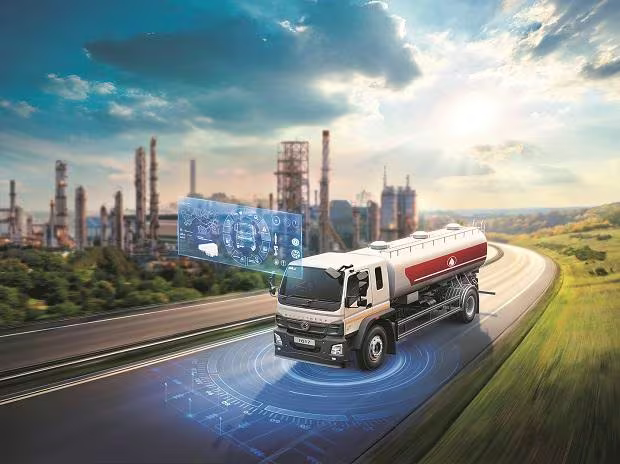Innovating Fuel Logistics: Reshaping Delivery Dynamics
The quest for enhanced efficiency has led propane industry leaders to explore the transformative capabilities of artificial intelligence (AI). Driven by the need for streamlined workflows, improved supply chain management, and digital transformation, energy companies are now delving into the realm of generative AI – a cutting-edge technology that holds the potential to reshape both… Continue reading Innovating Fuel Logistics: Reshaping Delivery Dynamics



